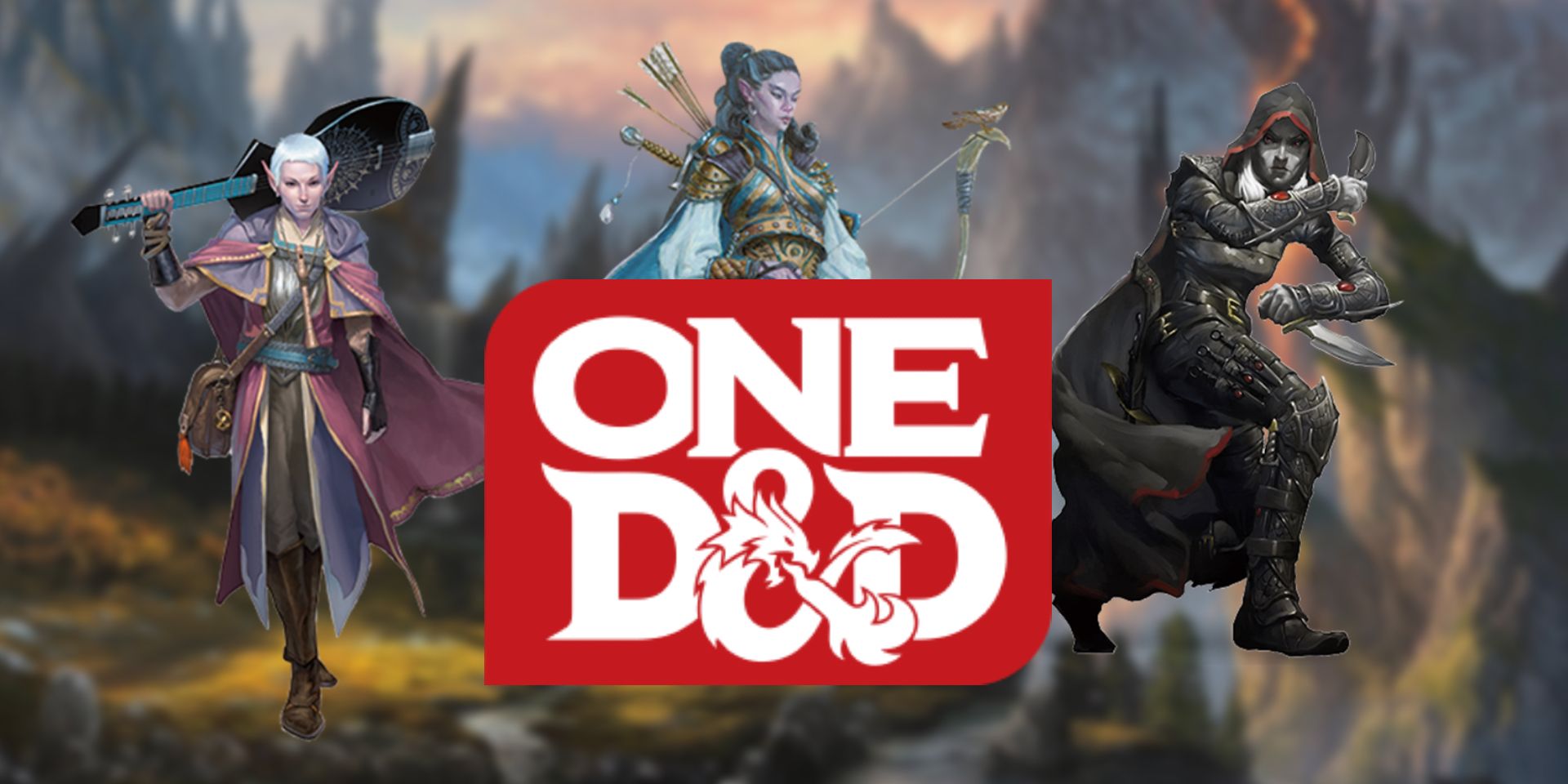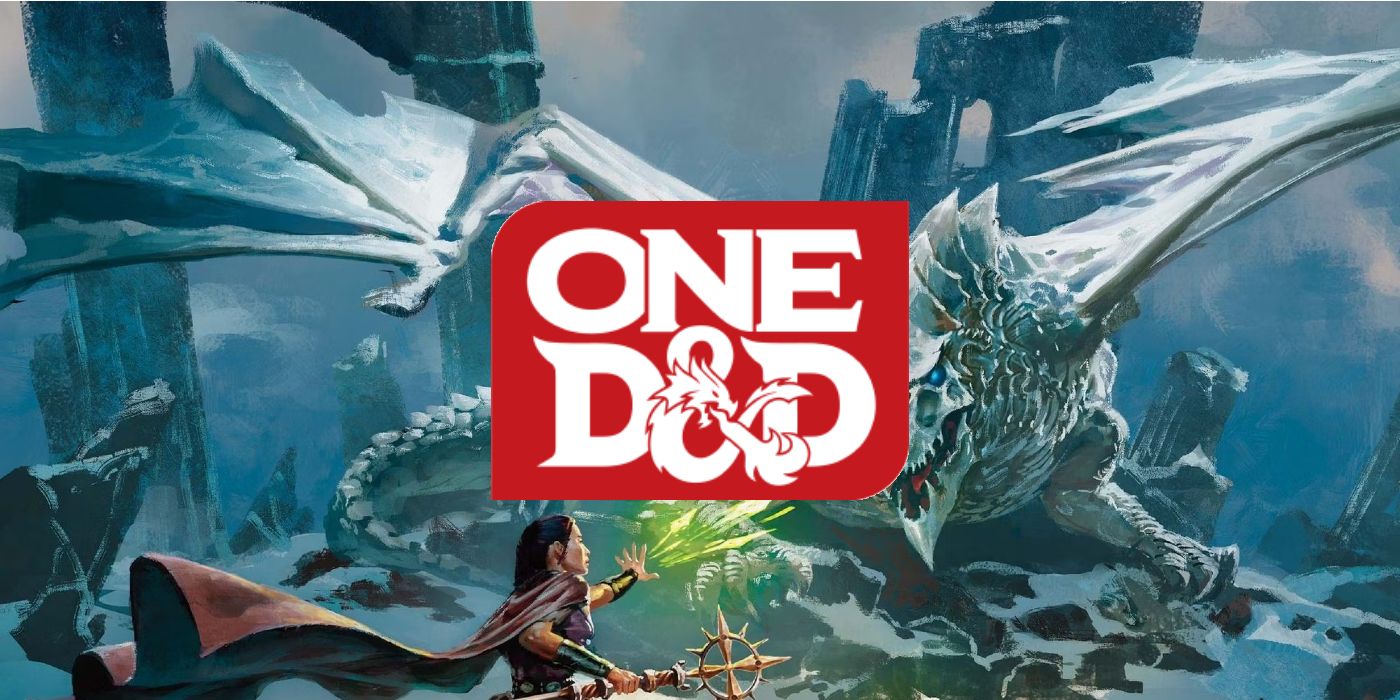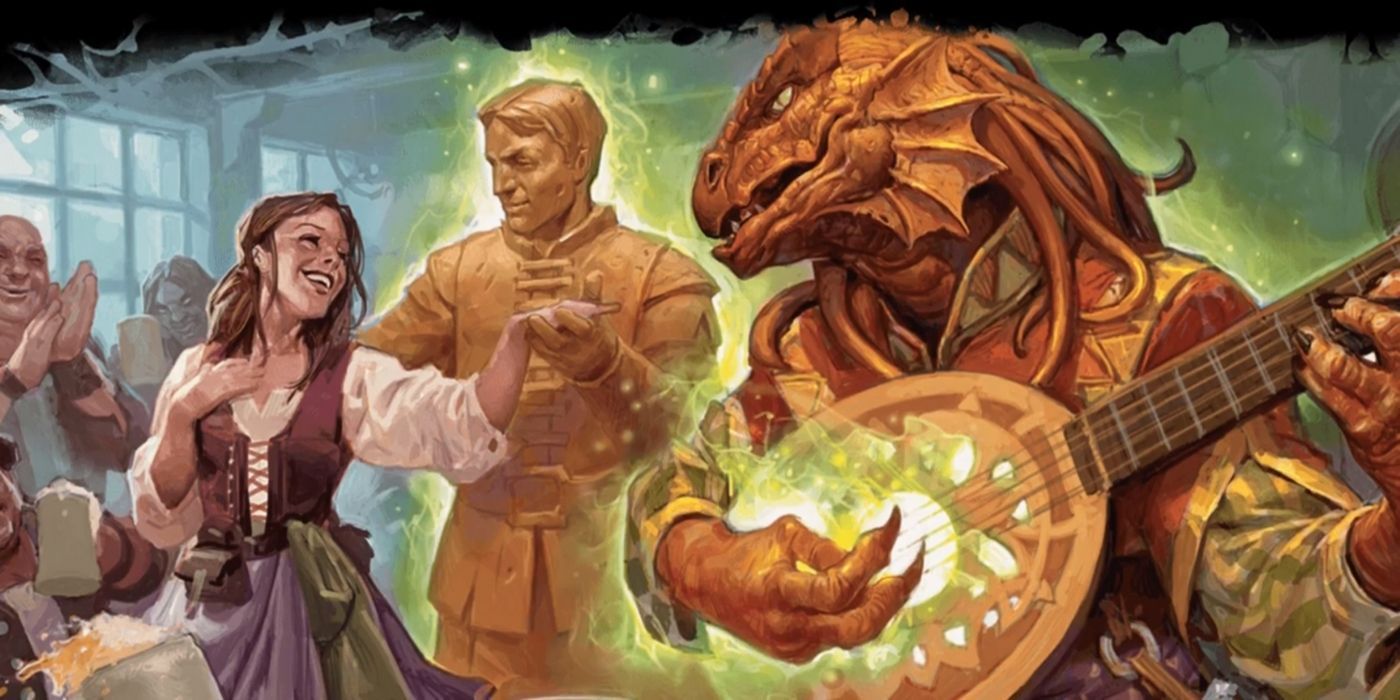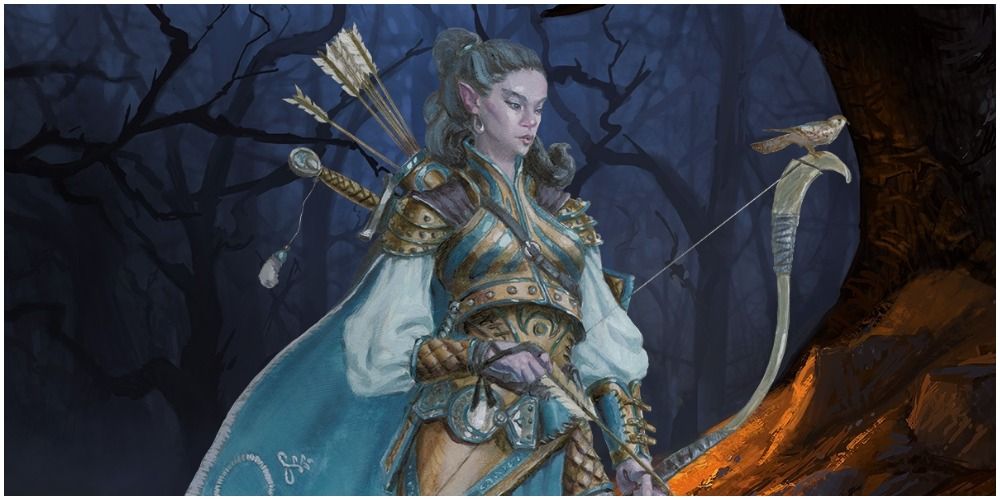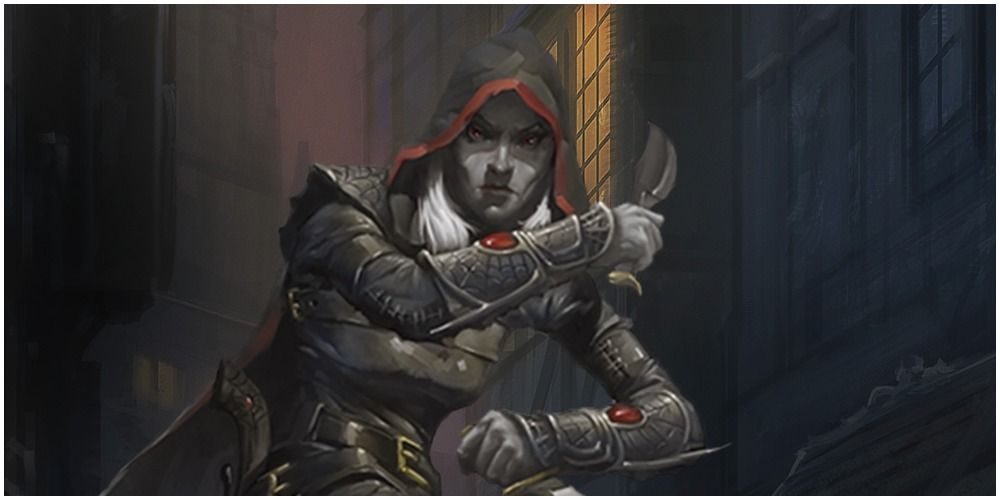To test the waters for the next edition Dungeons & Dragons, developers at Wizards of the Coast have released two playtest documents under the "One D&D" label – a new set of rules for crafting character origins and a new treatment of three "Expert" character classes. The updated subclasses, abilities, and spell options for the Rogue, Ranger, and Bard give these classes a closer thematic connection to each other while also improving the versatility of class features that had more niche applications in D&D 5th Edition. While these One D&D playtest rules could still use some fine-tuning, they do seem to be a step in the right direction, particularly when comes to the Ranger class and its awkward implementation in D&D 5e.
In the preface to the newly released One D&D playtest document, the three Dungeons & Dragons classes of Rogue, Ranger, and Bard (as well as the Artificer Class introduced in the Eberron Sourcebook) are cataloged under the thematic label of "Expert Class." Similarly, the Sorcerer, Warlock, and Wizard are referred to as Mage Classes, the Cleric, Druid, and Paladin are collectively called Priest Classes, and the Barbarian, Fighter, and Monk classes are each tied to the general archetype of Warrior. This four-part "classification" system (Warrior, Mage, Priest, and Expert) seems to have been inspired by a similar approach in 2nd edition, itself an homage to original DnD's homebrewed character classes of Fighting Man, Magic User, Cleric, and Thief.
All Expert Classes In One D&D Now Have The Expertise Feature
The 5th edition of DnD has been characterized as an attempt to merge the best design elements and ideas from older DnD editions into one cohesive package. The recently released One D&D Expert Classes document, plus the previously released Character Origins document, comes across as an attempt to refine and streamline this "best hits of DnD" design approach – retaining the same core ideas of DnD 5e, but streamlining the game mechanics and rule language to create a more balanced and accessible experience. If the prototype rules for the Expert Classes are any indication, developers of One D&D, while playtesting their tabletop RPG desgns, are trying to refine the features of all twelve core classes so that they're each very powerful when used for their intended purpose (combat, exploration, socialization, etc.), but still capable of assisting the adventuring party when outside their comfort zone.
The common feature shared by all three Expert Classes in One D&D is Expertise – that is to say, a 1st level feature that lets players choose two Skill proficiencies for their characters and permanently double their numerical bonus. In DnD 5e, the popular Bard and Rogue classes both possessed this Expertise Feature, while the Ranger had a similar but much more mechanically awkward feature called Natural Explorer. Giving all three Expert classes the Expertise Feature, besides freeing developers from the burden of creating redundant rules, also acknowledges how the fantasy archetypes behind each class are defined by their skills in non-combative arts.
The archetypal Bard of medieval romances and fantasy saga is a silver-tongued trickster with a knack for music and storytelling. The archetypal Rogue, codified by light-fingered fantasy heroes such as the Grey Mouser or Bilbo Baggins, is infamously associated stealth, theft, and assassination. Finally, the archetypal DnD Ranger is basically Aragorn from Lord of the Rings with a dash of Robin Hood mixed in, a walker of the wilderness who can track prey, scavenge for food, and bond with wild animals.
The Bard Of One D&D Can Do More With Their Bardic Inspiration Feature
Most of the One D&D rules for the Bard character class are the same as they were in DnD 5e, albeit tweaked here and there for gameplay balance purposes. Of all the features of the Bard class, the Bardic Inspiration feature has gone through the most changes. As in 5th Edition, this overpowered Bard class ability grants players a pool of Bardic Inspiration dice equal to their character's current proficiency bonus; players can spend one of these Inspiration dice to help other PCs succeed at their actions, rolling a single polyhedral die and adding the result to the other player's twenty-sided dice roll. The One D&D rules for Bardic Inspiration state that Bards can spend a Bardic Inspiration die when one of their fellow players fails a D20 Test (and must use their Reaction if they're in the middle of tactical combat). Additionally, Bardic Inspiration dice in One D&D can now be spent to heal other players, restoring an amount of HP equal to the roll result.
The One D&D Ranger's Level 1 Features Are Now Less Situational
The DnD 5e edition version of the Ranger was one of the less popular character classes, due to having starting level class features that were highly situational. The Favored Enemy feature, designed to grant Rangers bonuses to actions taken against they prey they stalked, could only be used against a specific category of creature the player picked during character creation. The Natural Explorer feature similarly asked players to choose a specific kind of natural terrain when building their Ranger character, granting them useful boons related to traveling, tracking, or scavenging if the adventuring party was traveling through such terrain. The niche design of these two signature features made Rangers powerful in campaigns centered around exploring their favored terrain or hunting their favored enemies; outside these two scenarios, even the revised versions of the DnD 5e Ranger became much less useful.
The new One D&D rules for the Ranger's Level 1 features are much less flavorful, but also more useful in a larger array of situations. In place of the olf Favored Enemy feature, players with Ranger characters instead have a new Favored Enemy feature that basically gives them a free Hunter's Mark spell with no concentration restrictions. In place of Natural Explorer, One D&D Rangers instead can use the Expertise Feature to massively increases their bonuses to Stealth, Survival, Medicine, and other thematically on-point Skills.
The One D&D Rogue's Most Powerful Abilities Have Been Slightly Toned Down
The One D&D rules for the Rogue character class and Thief subclass have changed little from their previous forms in Dungeons & Dragons 5th Edition. The 1st Level Sneak Attack feature is still as devastating as ever when the Rogue flanks a foe or attacks them from hiding, while features such as Cunning Action, Uncanny Dodge, and Evasion are extremely useful and mechanically support the narrative of a fantasy rogue who can conceal themselves in the blink of an eye and wriggle out of nearly any peril. Indeed, most of the changes made to the Rogue in One D&D are subtle and easy to miss, much like the fantasy hero archetype they represent. The Thieve's Cant feature of the One D&D Rogue, for example, grants characters knowledge of not just Thieve's Cant, but another additional fantasy language, while the Blindsense feature has been replaced by a Subtle Strikes feature that grants advantage to attack rolls against enemies engaged with an ally.

